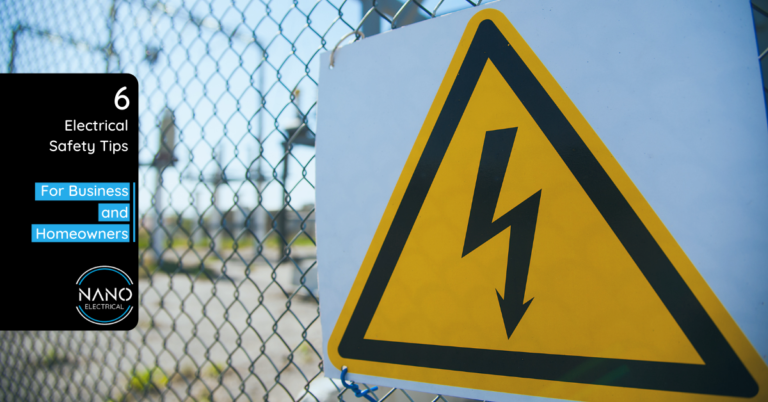
6 Electrical Safety Tips for Business and Homeowners
The ubiquitous applications of electricity in our moderns lives often lead to a blazé attitude toward the safety precautions we ought to observe when using any electrical appliance. It is estimated that around 4 000 fires are started annually in South Africa due to faulty electrical installations and tampered distribution boxes. There are, however, a few basic tips you can follow to ensure the general electrical safety of your environment, at home or at work.
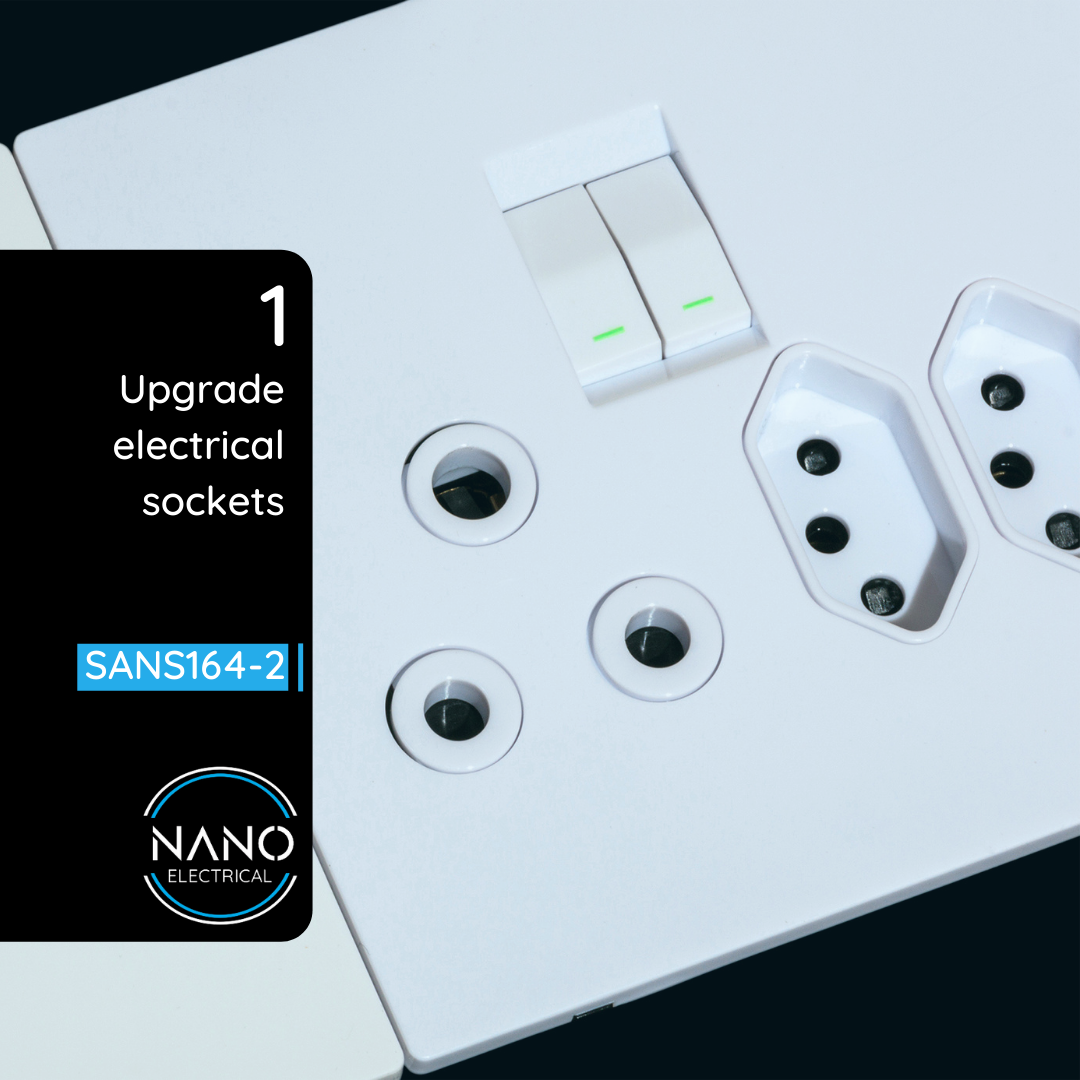
Upgrade to the new SANS 164-2 socket
The new South African plug standard, know as the ZA-plug or SANS 164-2, is an electrocution proof plug that not only protects users from electrical shock but is also a lot cheaper than it's predecessor. Under the regulation all new installations are required to comply with the new 164-2 standard, but retrofitting your current socket installations is just as easy. The new ZA-plug sockets retained the dimensions of the traditional wall sockets and are in most instances easy to retrofit.
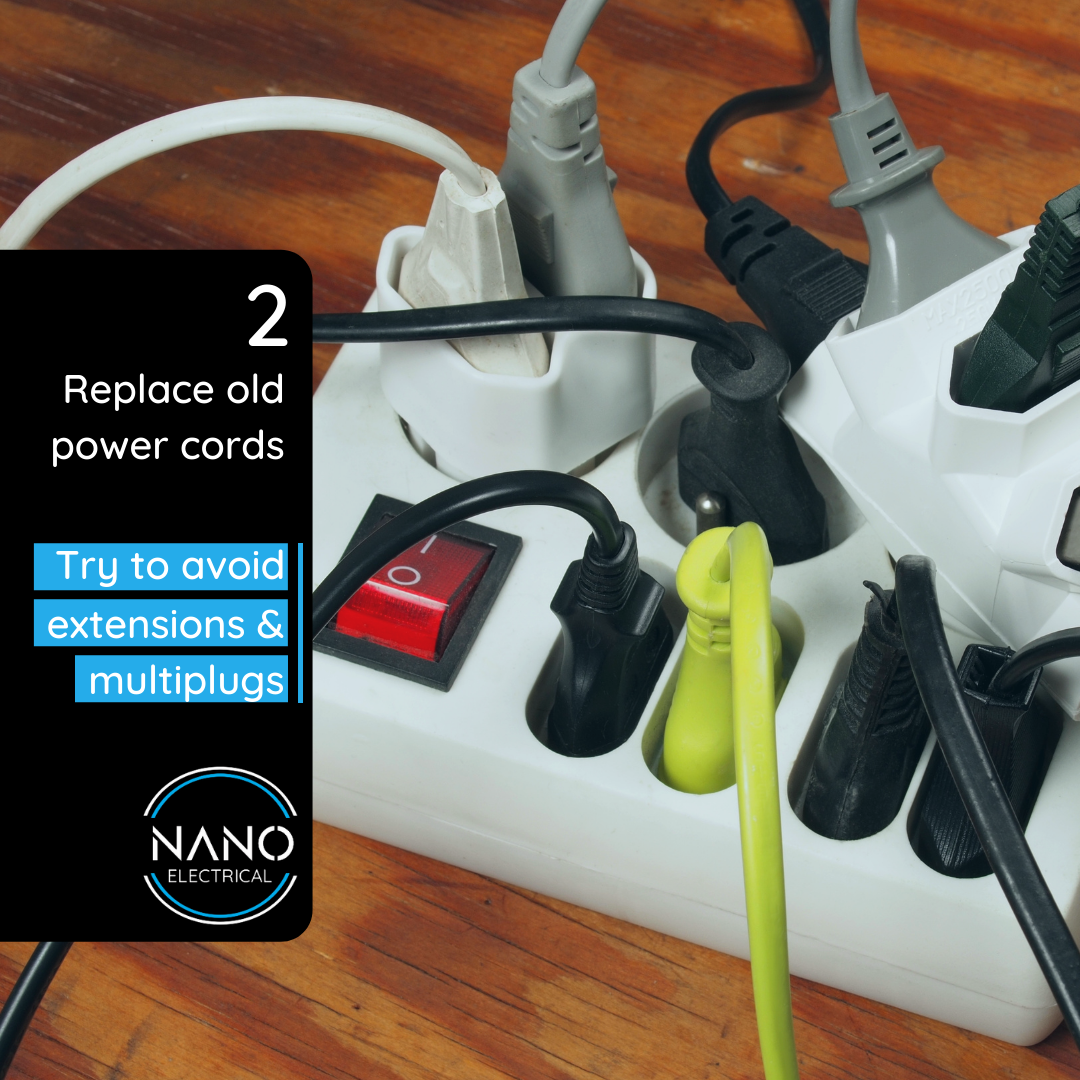
Replace old and damaged power cords
Electrical extension cords often bear the brunt of electrical distribution at home or in the office. However useful and convenient an electrical extension cord or multiplug may be, these devices still carry dangerous electrical currents and need regular inspection to identify faults and possible points of failure. Where possible, extension cords and multiplugs should be replaced by permanent installations to ensure safe and reliable electrical power distribution to your appliances.
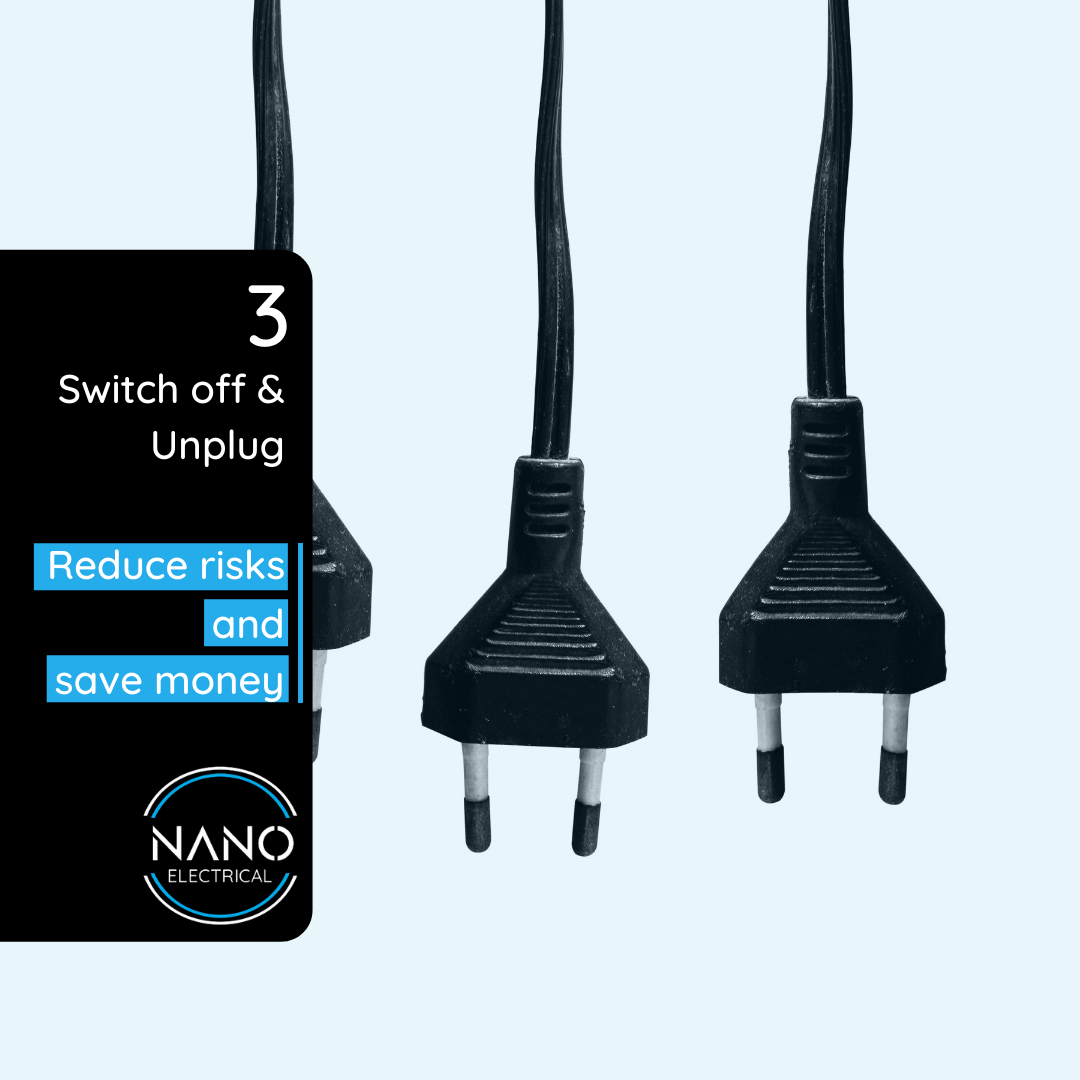
Unplug appliances not in use
Whenever an appliance is not in use for an extended period of time, be sure to unplug the appliance in stead of leaving it on stand-by. Unplugging an appliance reduces the risk of electrical shock or injury to an unknowing operator that might think the appliance unenergised. Furthermore, unplugging an appliance that is not in use prevents the occurrence of phantom power loads on your circuits and saves on your electricity bill. Lastly, you should consider unplugging unused electrical appliances to protect your assets against any power surges or lightning strikes that might find their way into your appliances.

Use the correct wattage in your fixtures
Using incorrect light bulbs with your light fixtures can lead to electrical hazards and even cause fires. Do not exceed the maximum indicated wattage of a lamp fitting or appliance socket. The maximum wattage is calculated according to the maximum current that the fitting can safely handle while dissipating any heat generated by operation.
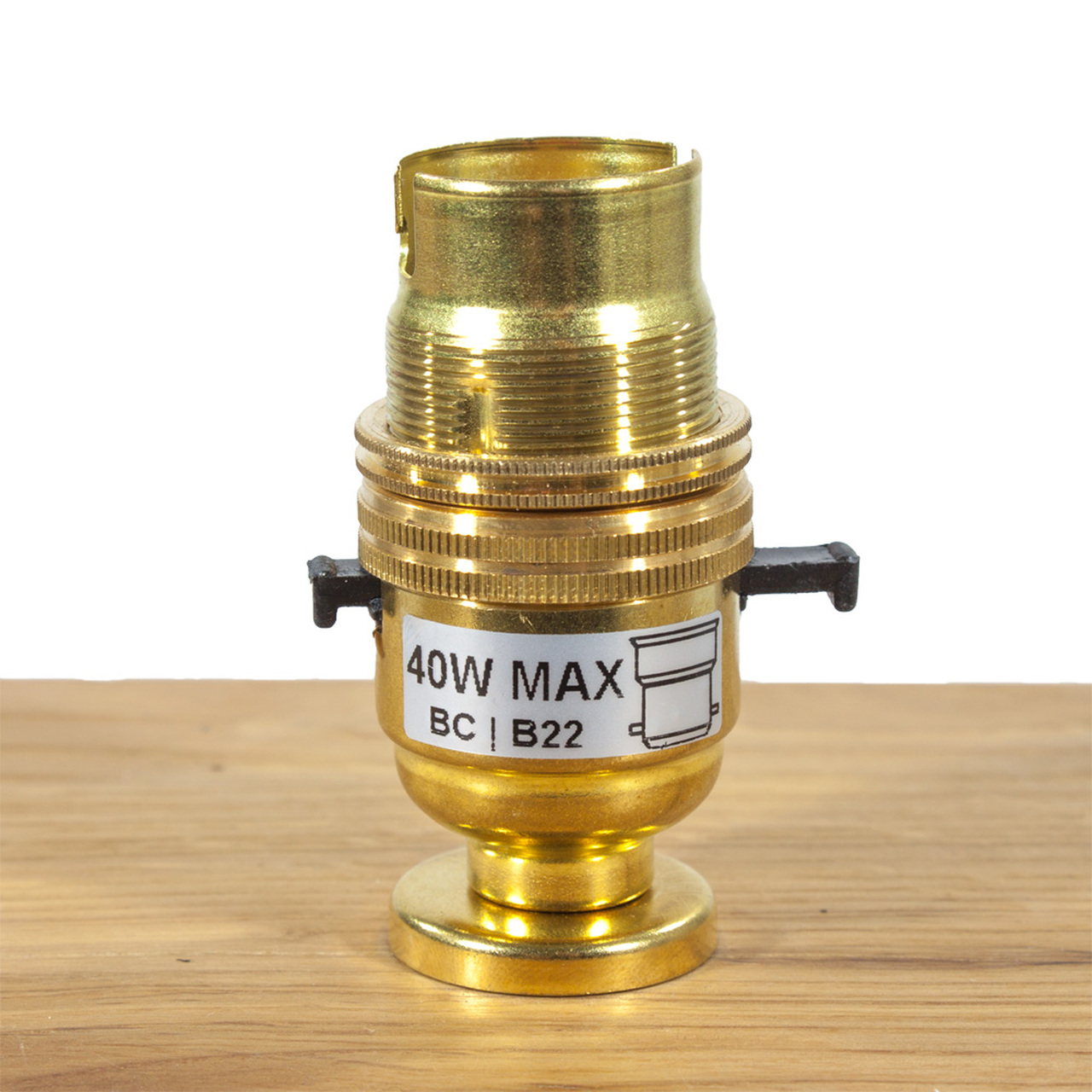
An example of a 40 Watt maximum bayonet-type light bulb fitting
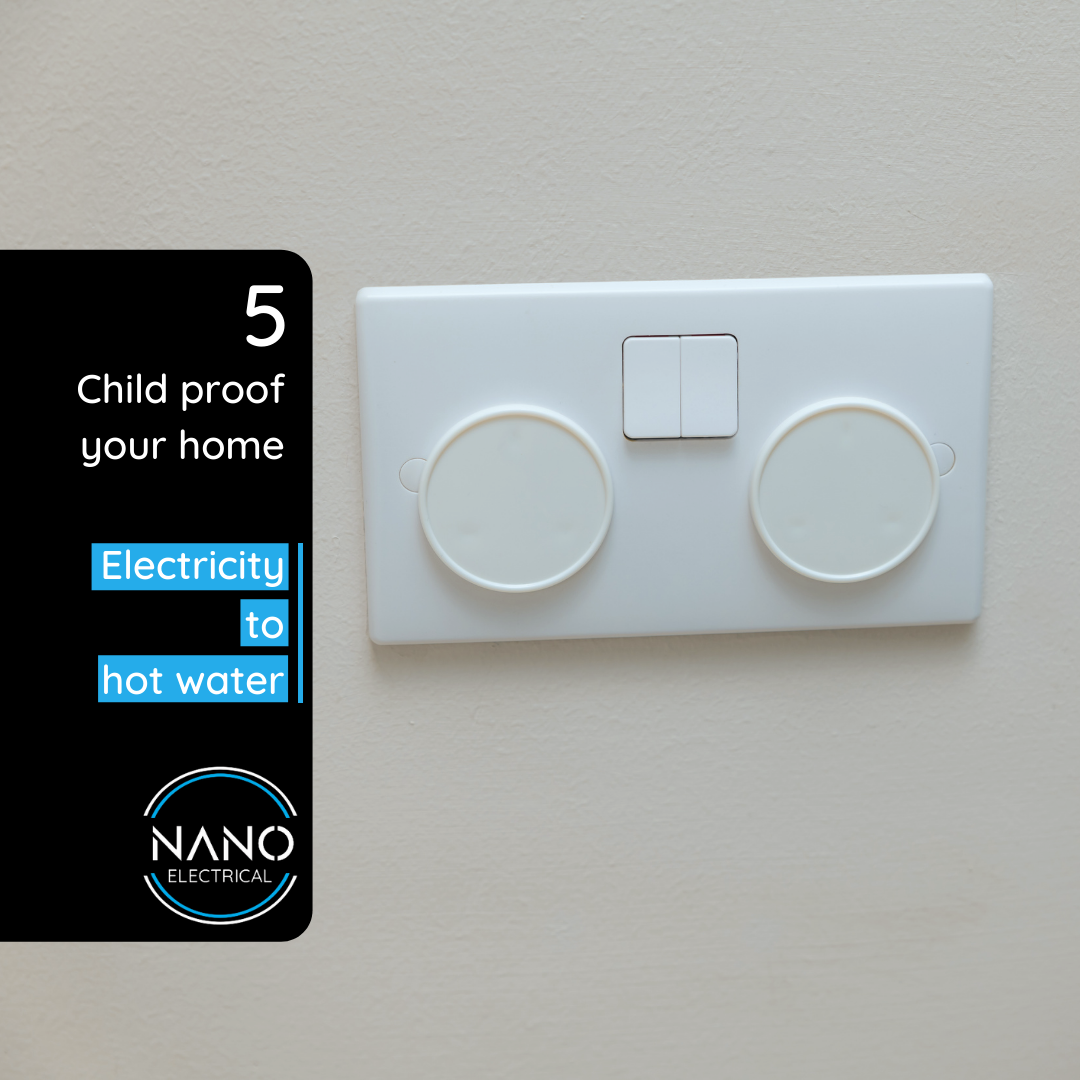
Child-proof your home
To ensure electrical safety for kids, child-proof your home with safety caps and covers placed over all outlets throughout the property and hide electrical cords from curious hands. Also, to prevent nasty burns, be sure to set your geyser temperature lower if you're allowing toddlers to use warm tap water. Higher temperature settings on your geyser also eats into your electricity bill.
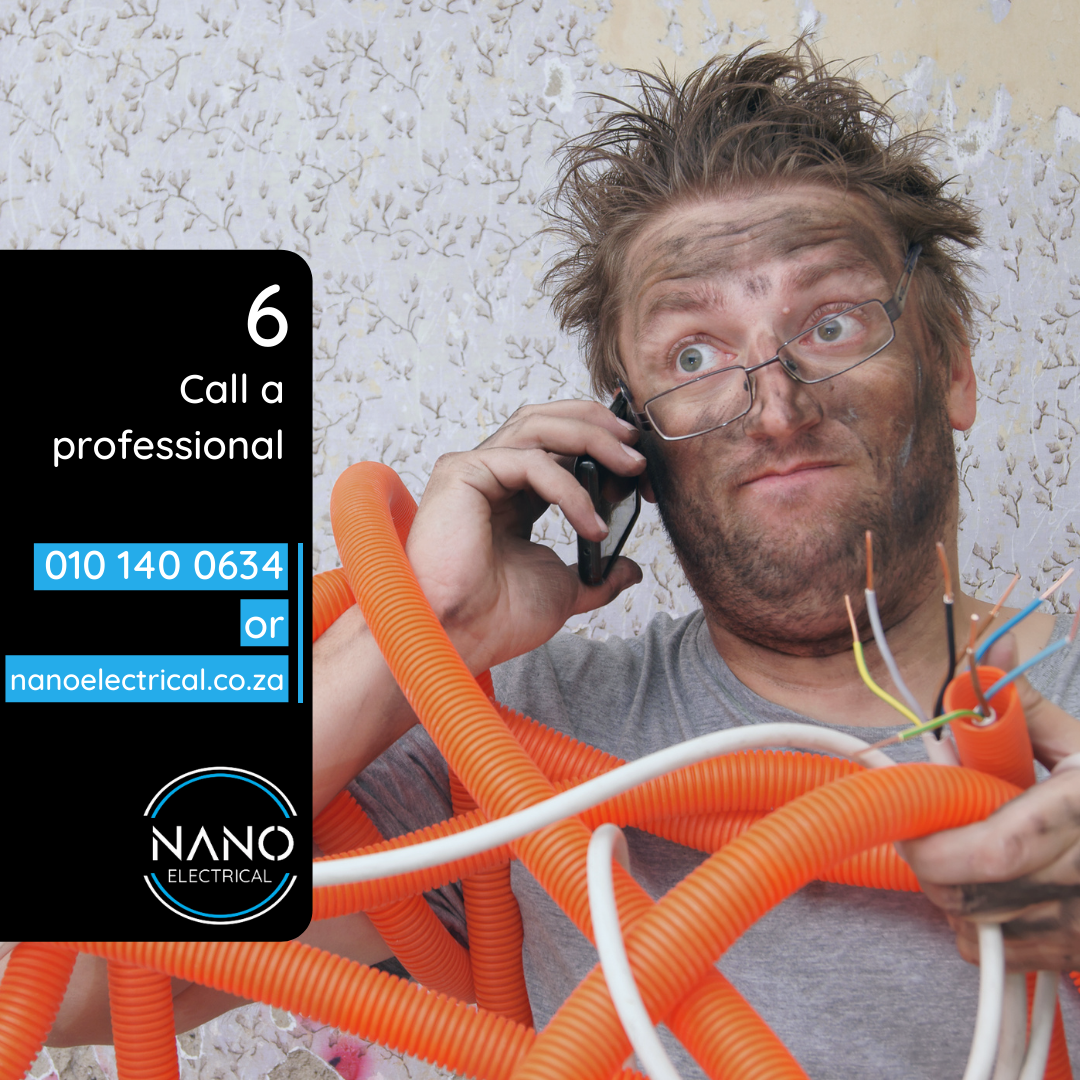
Know when to call a professional
Electricity can be dangerous and should always be approached with the necessary caution and respect. If you're unsure about any electrical issue that might arise, you should call a professional for inspection or repair.
Nano Electrical
Share our details with your friends and family
Original article from Electrical Compliance Cerificate

